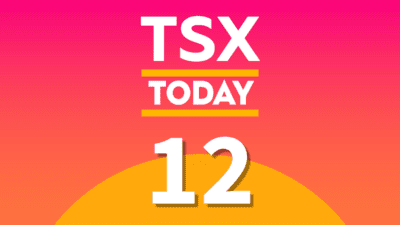In the past year, many have called for the demise of Valeant Pharmaceuticals Intl Inc. (TSX:VRX)(NYSE:VRX). Barring a major secondary share offering, which could potentially dilute existing shareholders significantly, this company will eventually go bankrupt due to the interest expenses on existing debts.
Looking at the amount of interest expense for the past several years, the trend is alarming. Interest expenses were $421 million in 2012, $653 million in 2013, $934 million in 2014, and $1.269 billion in 2015. Through the first three quarters of 2016, the amount was $1.363 billion, which translates to approximately $1.8 billion for the entire year.
Putting this into perspective, revenues also increased significantly year over year. In 2012, revenues were $3.48 billion, $5.769 billion in 2013, $8.206 billion in 2014, $10.446 in 2015. Through the first three quarters in 2016, revenues totaled $7.271 billion.
Assuming the capital structure of the company includes debt, let’s go back and calculate the interest expenses divided by the revenues. In 2012, interest expenses accounted for 12.1%, in 2013 interest expenses accounted for 11.3%, in 2014 11.4%, in 2015 interest expenses accounted for 12.1%, while in 2016, through the first three quarters, the interest expense accounted for 18.75%.
Let’s just stop and ponder the 18.75% for a moment. With approximately $30 billion of debt outstanding, the company’s recent announcement to repay approximately $2 billion of outstanding debt is a good start, but it does not begin to make a dent in the giant mountain of debt the company must manage on an annual basis.
Given the company’s reputation in the past few years, it’s going to be very difficult to increase revenues either through acquisitions or by raising prices. With flat revenues and increasing interest costs, the question is not if, but when the fat lady will sing.
According to the most recent filings, a bulk of the debt at Valeant will come due in 2018, forcing the company to re-finance at higher rates for two reasons. The first and most obvious reason is that the credit quality of the company has and will deteriorate further in 2018. The second reason is that the increasing interest rates throughout 2017 will make the mountain seem even more daunting than before.
Let’s not forget, taking the equation of interest expense divided by the revenues has two components.
The numerator is the total interest expense, which is highly likely to increase, while the second component is the total revenue denominator, which, given the selling of at least two divisions, will flatline at best or, more likely, decline in the coming years.
Given the many skews of the company, bullish investors are free to make the argument of how much potential there is, but the reality remains. As adults, we know the rent has to be paid. The crippling interest costs will not go away any time soon. As has been said in the past, “Time is the friend of the wonderful company, the enemy of the mediocre.”
Cue the violins here.







